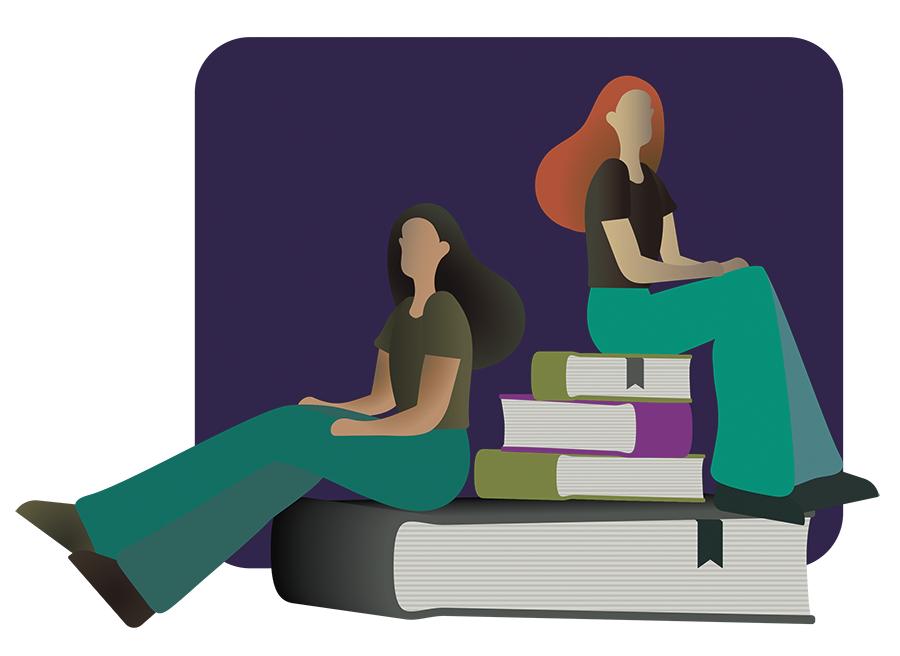A different kind of sleep cycle
February 18, 2015
My eyes cracked open on a gray Sunday morning. After six hours of sleep I muttered to myself through a hard jaw, “this is the last time.” I had grown tired of watching hours of my life slip away every night. I was tired enough to break free from my sleep cycle.
I decided to try once again to shift my sleep cycle from the monophasic-eight-hour block into the Dymaxion cycle. The Dymaxion cycle consists of a 30-minute power nap every six hours. I started that Sunday by taking naps at noon, six, and midnight.
Most animals today sleep in short spurts like that. Evolutionary science suggests that humans also napped originally, and that the ability to sleep eight hours came about from cave dwelling. Our vulnerability to nocturnal predators made remaining inside and conserving energy at night optimal for survivability. Despite that, it is highly inefficient.
Compare it to two methods for running. Method one: run four miles without stopping, and rest only at the end. Method two: run one mile, take a short break, and repeat. Recovery time is reduced substantially using the second method due to better pacing.
When I attempted this sleep cycle last year I failed to acknowledge the pacing aspect. I put myself in danger by regularly skipping naps, and then trying to drive while tired. Now I plan my schedule carefully, and when finding conflicts with sleep, nap ahead of time to avoid them.
Throughout history, many great minds have used unconventional sleep cycles. A personal favorite, Nikolai Tesla, slept only two hours a day through napping. This sleep schedule enabled the father of electricity to create theories still being used to develop technology today. Over seventy years after his death, we still cannot comprehend everything he showed the world.
The human body and mind adapts to the new sleep cycle over the course of the first week. On the third day, I struggled with speaking clearly. Laughing at myself, eloquent thoughts fell flat against my lips. I got the sensation that my mouth was in the way of speaking. The next day the sensation was gone and I could speak clearly again.
From the beginning, I worried about the psychological changes this transition would have on me. I feared that unknown entity, the subconscious, would seep into my conscious behavior and change me. It has in unexpected ways. It draws awareness to when my ego blocks me from happiness and fulfillment by holding onto anxiety and pride. Instead of changing who I am, it is helping me to become myself to a greater degree.
With the additional free time, I was able to catch up on homework, dedicate more time to student senate, started learning yoga, and practicing meditation.
I have enjoyed polyphasic sleep and will continue exploring it. Having ample time to study has made classes easier. Having more time to dedicate to senate has earned the respect and admiration of my peers on the Student Senate team, who have recently elected me to be student body president. I feel more driven towards my passions now than ever before. To adapt an idea from Tesla,
“There is no thrill that can go through the human heart like that of one’s passions unfolding into success… such emotions make them forget food, sleep, love, everything.”































